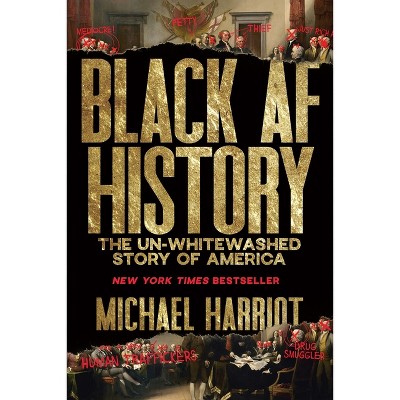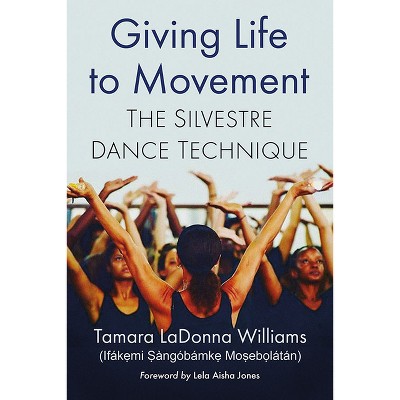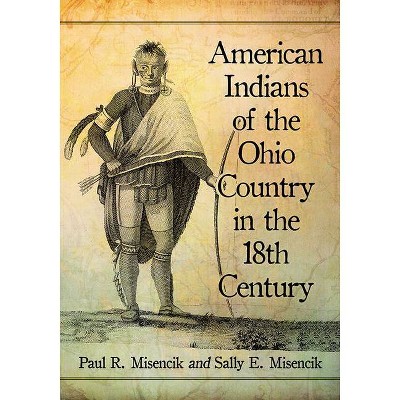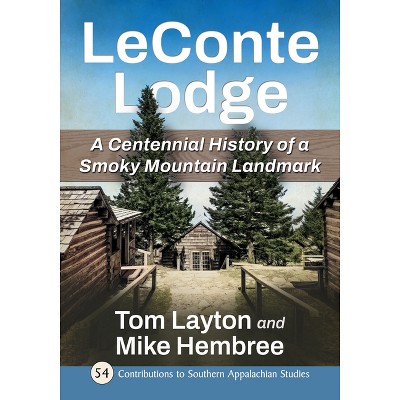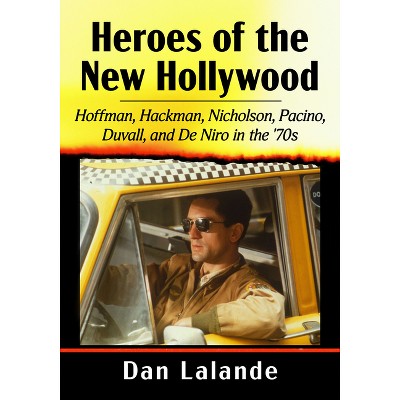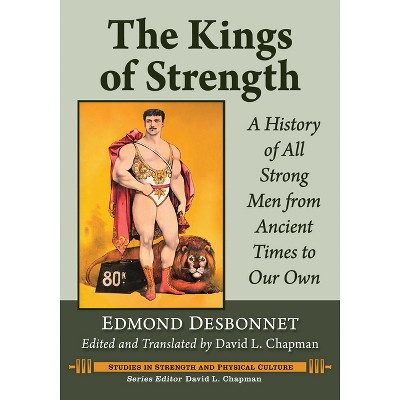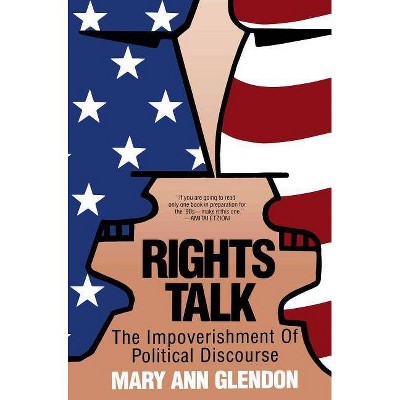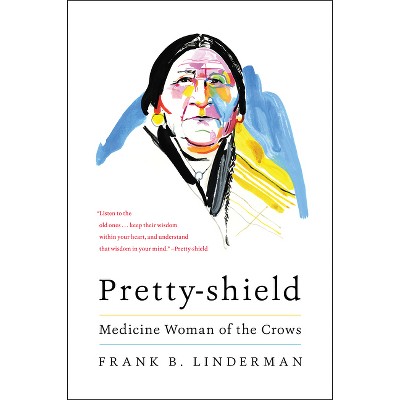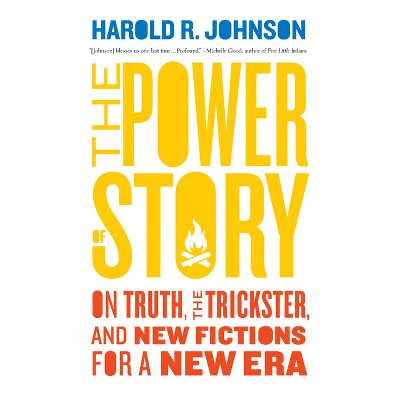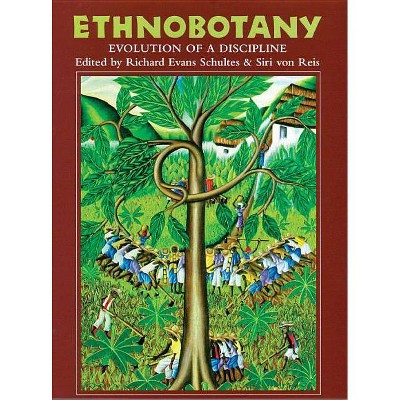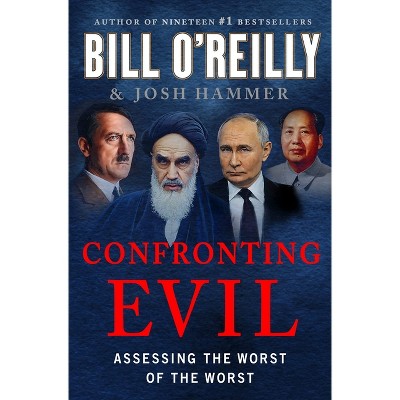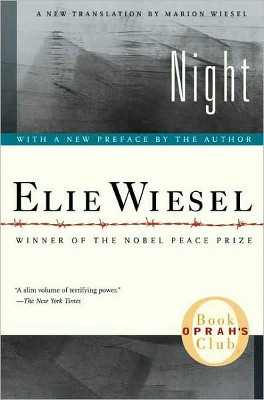
Indigenous Carolinians - by David Rahahę & ́ & -Tih Webb (Paperback)
$49.95
In Stock
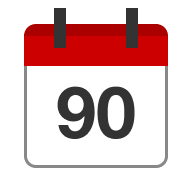
Eligible for registries and wish lists
About this item
Additional product information and recommendations
Discover more options
Frequently bought together

$9.02 - $11.90
MSRP $17.00 - $19.99
4.6 out of 5 stars with 568 ratings
Related Categories
Trending History
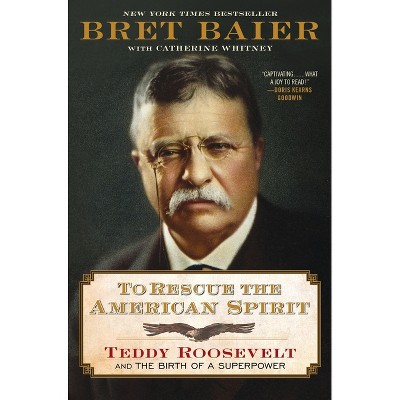
$18.50 - $21.99
MSRP $21.99 - $32.99 Lower price on select items
5 out of 5 stars with 1 ratings
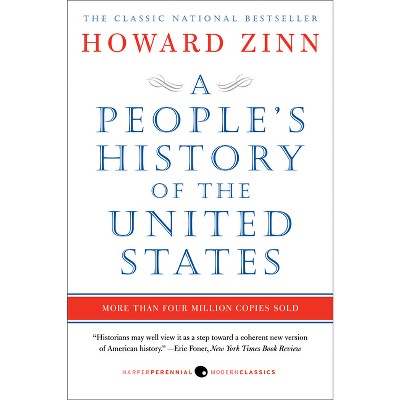
$17.98 - $26.69
MSRP $23.99 - $45.00
5 out of 5 stars with 7 ratings
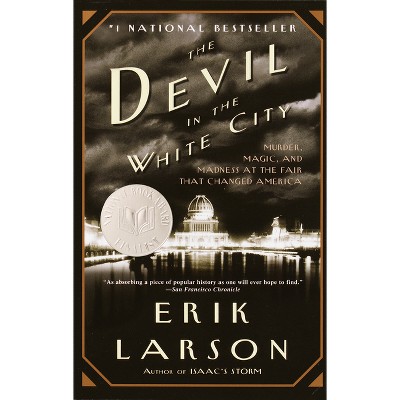
$14.06
was $14.91 New lower price
4 out of 5 stars with 4 ratings
